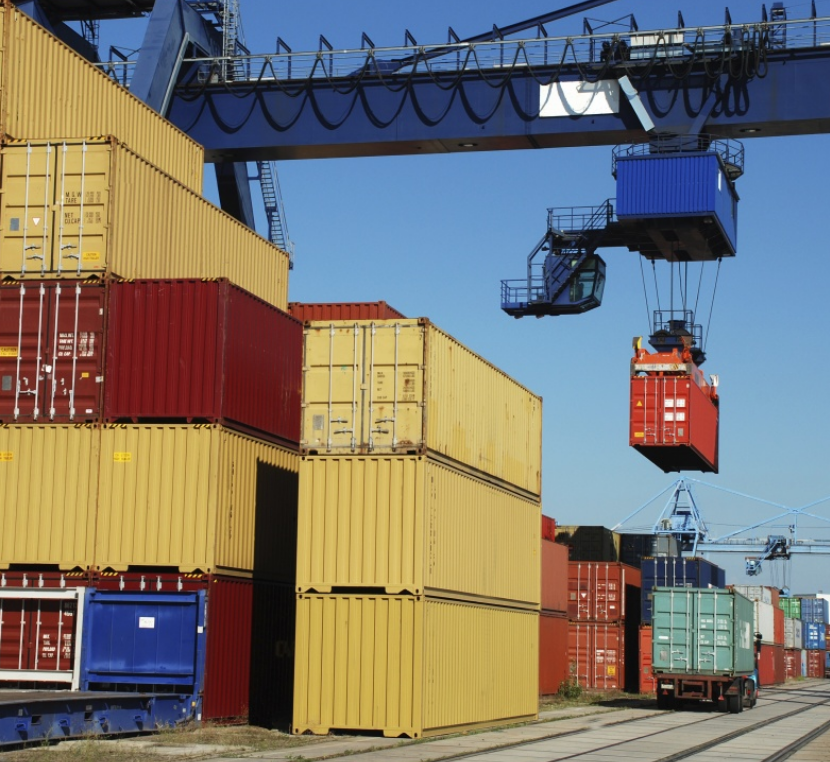Spot Load Posts, Capacity Hold Firm as Rates Decline
The number of loads on the spot truckload freight market increased 0.3% and truck posts dipped 1.5% during the week ending Feb. 10, according to DAT Solutions.
While load and truck posts held steady, van and refrigerated rates continued their step down from record levels in January in a typical seasonal decline. The national average van rate fell 6 cents to $2.17/mile and reefers tumbled 9 cents to $2.50/mile compared to the previous week.
Despite the drop in prices, the national average van rate is still 33% higher than at this point a year ago. The number of van loads posted declined was unchanged while truck posts declined 3%. That caused the load-to-truck ratio to increase from 6.9 to 7.1 loads per truck. Key outbound van markets:
– Chicago, $2.70/mile, down 8 cents
– Buffalo, N.Y., $2.78/mile, down 18 cents
– Philadelphia, $2.15/mile, down 4 cents
– Houston, $1.97/mile, down 2 cents
– Dallas, $1.92/mile, down 3 cents
– Charlotte, $2.50/mile, up 3 cents
Los Angeles was down 10 cents to $2.20/mile following a 9-cent decline the previous week.
Reefer load posts fell 2% and the number of truck posts was unchanged, which caused the load-to-truck ratio to fall 2% from 10.2 to 10.0. At $2.50/mile, the national average reefer rate was the lowest average of 2018 but still higher than the peak reefer rates from 2017.
Reefer load posts fell 2% and the number of truck posts was unchanged, which caused the load-to-truck ratio to fall 2% from 10.2 to 10.0. At $2.50/mile, the national average reefer rate was the lowest average of 2018 but still higher than the peak reefer rates from 2017.
After four straight weeks of declines, the national average flatbed rate inched up 2 cents to $2.28/mile—a sign that flatbed rates may have hit bottom. Better weather typically causes demand to pick up for flatbeds, a key mode for construction materials and equipment.
Freight volumes for February are slightly lower compared to 2017. That loss can be attributed to competition from the railroads, as overall shipments are up slightly year over year but more shippers seem to have shifted freight to rail intermodal. Intermodal shipments were up 6% in the last week of January compared to the same period last year.
Category: Featured, General Update, News











